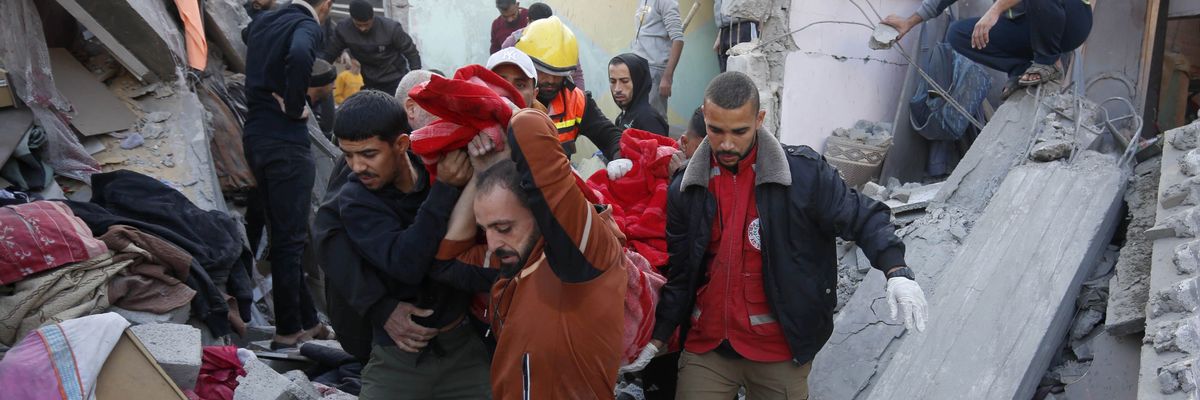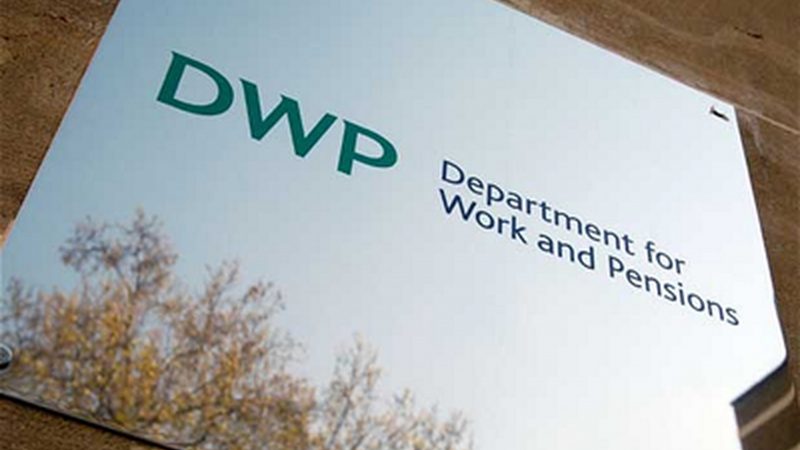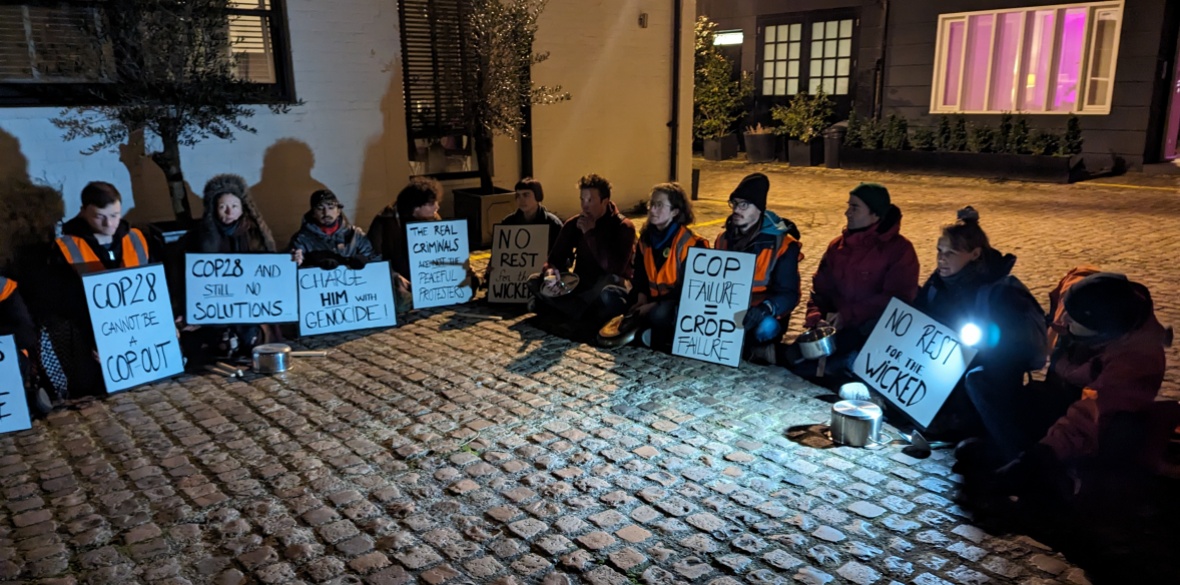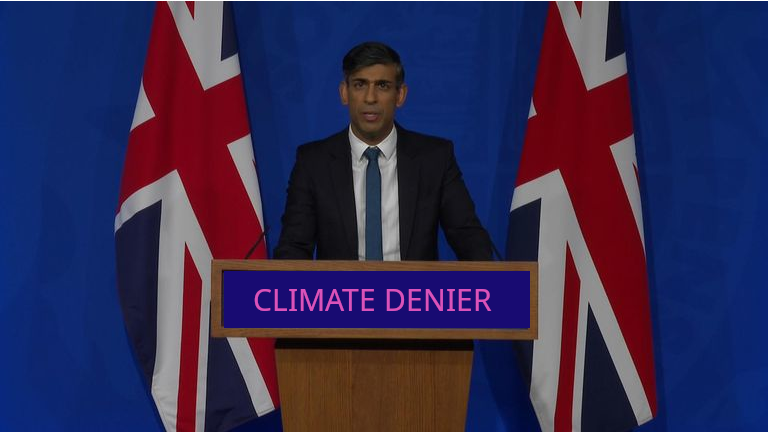‘Nightmarish Situation’ as Israel Resumes Assault on Gaza
Original article by JAKE JOHNSON republished from Common Dreams under Creative Commons (CC BY-NC-ND 3.0).

“Anything other than sustained peace and at-scale emergency aid will mean catastrophe for the children of Gaza,” said a UNICEF spokesperson.
Israel resumed its assault on the Gaza Strip Friday morning just minutes after the pause with Hamas officially expired, ending a fragile seven-day truce that created conditions for the release of hundreds of Israeli and Palestinian captives and allowed additional—but still inadequate—humanitarian aid to enter the besieged territory.
Gaza’s health ministry said that Israel’s post-pause airstrikes killed more than 30 people and wounded dozens more, hitting a multi-story residential building and other civilian infrastructure in the southern part of the strip, where many Gazans sought refuge as Israeli forces targeted the north in earlier stages of its attack.
The Associated Press reported that Israeli forces “dropped leaflets over parts of southern Gaza urging people to leave their homes, suggesting it was preparing to widen its offensive.”
“The Israeli military also released a map carving up the Gaza Strip into hundreds of numbered parcels, and asked residents to learn the number associated with their location in case of an eventual evacuation,” AP added. “It said the map would eventually be interactive, but it was not immediately clear how Palestinians would be updated on their designated parcel numbers and calls for evacuation.”
Robert Mardini, director general of the International Committee of the Red Cross, toldAgence France-Presse that the resumption of bombing drags Gazans “back to the nightmarish situation they were in before the truce took place,” with millions of people in desperate need of food, medicine, clean water, and sanitary living conditions.
“People are at a breaking point, hospitals are at a breaking point, the whole Gaza Strip is in a very precarious state,” said Mardini. “There is nowhere safe to go for civilians. We have seen in the hospitals where our teams have been working, that over the past days, hundreds of severely injured people have arrived. The influx of severely wounded outpaced the real capacity of hospitals to absorb and treat the wounded, so there is a massive challenge.”
James Elder, spokesperson for the United Nations International Children’s Emergency Fund (UNICEF), warned Friday that “the humanitarian situation in Gaza is so perilous that anything other than sustained peace and at-scale emergency aid will mean catastrophe for the children of Gaza.”
“To accept the sacrifice of the children in Gaza is humanity giving up,” said Elder. “This is our last chance, before we delve into seeking to explain yet another utterly avoidable tragedy.”
Israeli Prime Minister Benjamin Netanyahu, who is clinging to his job amid plummeting approval ratings, had pledged to continue assailing Gaza following the end of the truce, which marked the first pause in fighting since the war began in the wake of a Hamas-led attack on southern Israel in early October.
The Financial Times reported Friday that Israel’s government is preparing for a war that “will stretch for a year or more, with the most intensive phase of the ground offensive continuing into early 2024.”
“The multi-phase strategy envisages Israeli forces, who are garrisoned inside north Gaza, making an imminent push deep into the south of the besieged Palestinian enclave,” FT reported, citing unnamed sources familiar with the planning. “The goals include killing the three top Hamas leaders—Yahya Sinwar, Mohammed Deif, and Marwan Issa—while securing ‘a decisive’ military victory against the group’s 24 battalions and underground tunnel network and destroying its ‘governing capability in Gaza.'”
An investigation published Thursday by +972 Magazine and Local Call found that Israeli forces have used “expanded authorization for bombing non-military targets” and “the loosening of constraints regarding expected civilian casualties,” as well as “an artificial intelligence system to generate more potential targets than ever,” to wage its devastating war on Gaza, killing more than 14,500 people in less than two months and displacing 70% of the territory’s population.
In one case that anonymous Israeli sources described to the two outlets, Israel’s military command “knowingly approved the killing of hundreds of Palestinian civilians in an attempt to assassinate a single top Hamas military commander.”
“Another reason for the large number of targets, and the extensive harm to civilian life in Gaza, is the widespread use of a system called ‘Habsora’ (‘The Gospel’), which is largely built on artificial intelligence and can ‘generate’ targets almost automatically at a rate that far exceeds what was previously possible,” +972 and Local Call found. “This AI system, as described by a former intelligence officer, essentially facilitates a ‘mass assassination factory.'”
U.S. Secretary of State Antony Blinken reportedly urged Israel to do more to protect civilians in Gaza during a meeting with the nation’s leaders on Thursday, but the Israeli government has repeatedly brushed aside public and private concerns expressed by the Biden administration, which continues to provide unconditional support for the assault.
“Blinken suggested that his call for protecting Palestinian civilians had reached receptive ears, at least in general terms,” The New York Times reported. “He did not cite any specific commitments by Israel, however.”
Original article by JAKE JOHNSON republished from Common Dreams under Creative Commons (CC BY-NC-ND 3.0).



